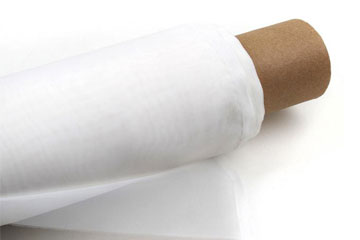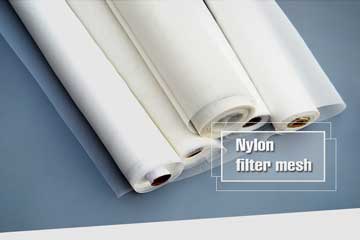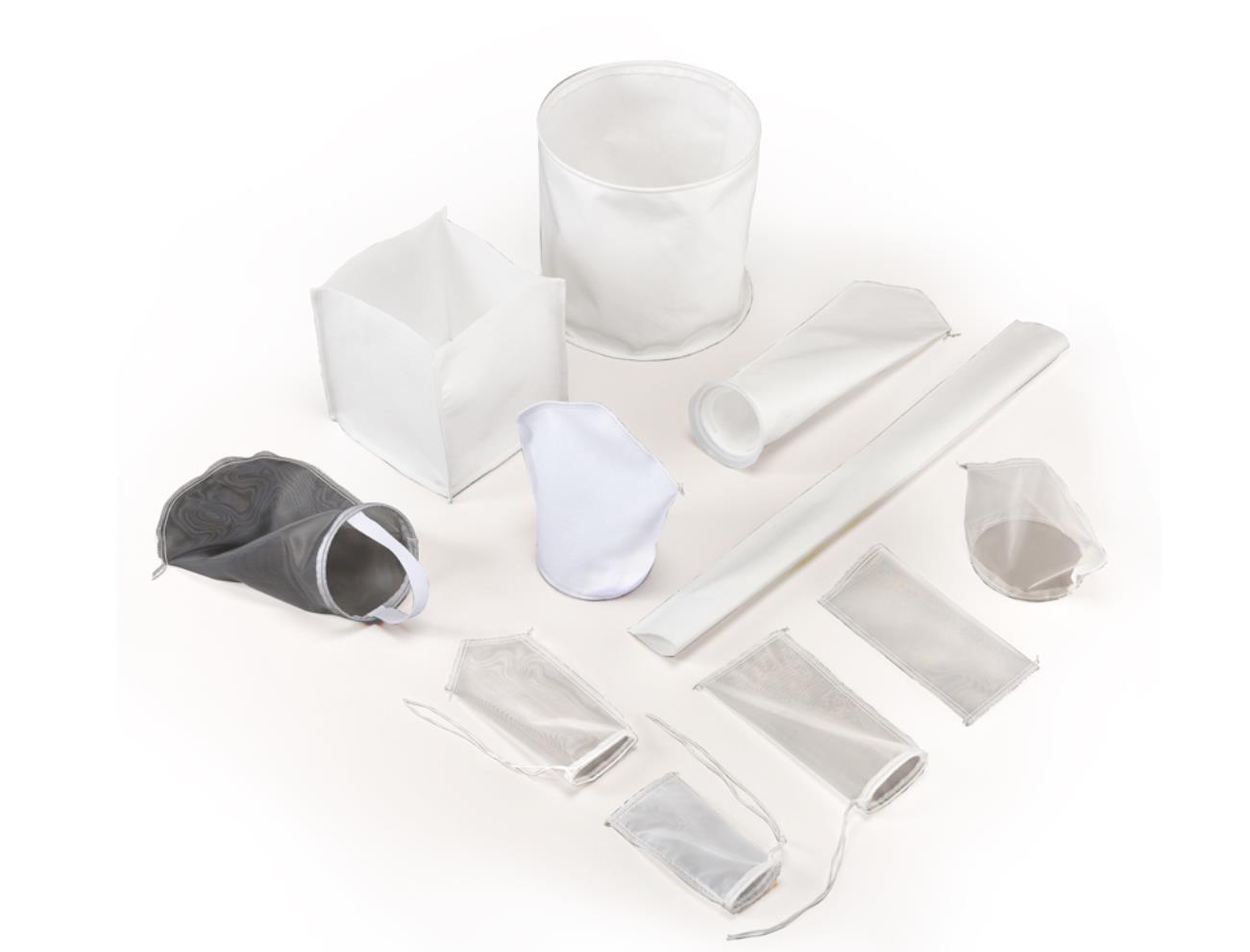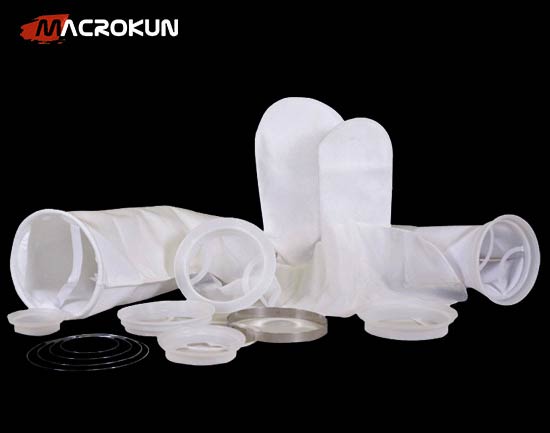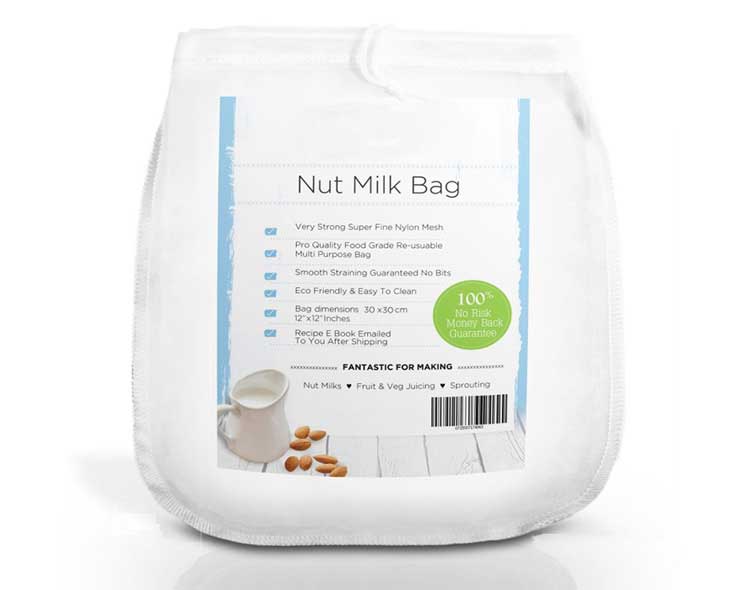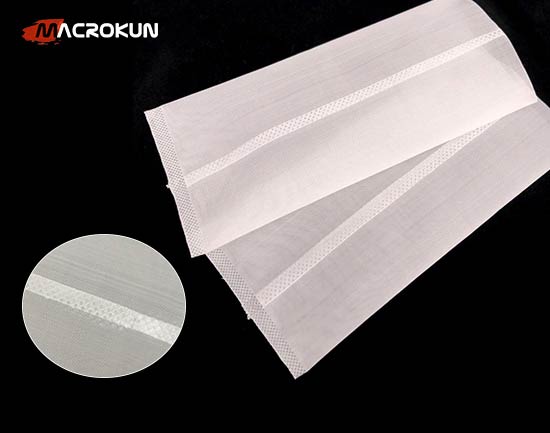Precision Filtration with 100-Micron Filter Mesh: The Ultimate Guide
In todays world, efficient filtration is at the heart of countless industries and applications. Whether youre refining liquids, separating solids, or improving water quality, the filter mesh 100 micron offers a reliable and versatile solution. Lets dive iIn today’s world, efficient filtration is at the heart of countless industries and applications. Whether you’re refining liquids, separating solids, or improving water quality, the filter mesh 100 micron offers a reliable and versatile solution. Let’s dive into why this product is an essential choice for your filtration needs and how it stands out in the market.
What is 100-Micron Filter Mesh?
A filter mesh 100 micron is a finely woven material designed to capture particles as small as 100 microns in size. To put this into perspective:
- 1 micron equals
- 100 microns is
This precision
Applications Across Industries
-
Water Filtration
In water treatment plants and household filtration systems, a 100-micron filter mesh is commonly used to remove sand, silt, and other medium-sized particles while maintaining efficient water flow. -
Agricultural Use
Farmers and agricultural businesses use 100-micron meshes in irrigation systems to prevent clogging of nozzles and ensure smooth water delivery to crops. -
Industrial Manufacturing
Industries like automotive, chemical production, and food processing rely on these meshes to filter oils, paints, or syrups, ensuring product consistency and machinery protection. -
DIY Projects
Enthusiasts use 100-micron meshes for custom filtration setups, including brewing, aquarium maintenance, and resin printing.
Key Benefits of a 100-Micron Filter Mesh
-
High Filtration Efficiency
The precision weave ensures reliable particle capture, balancing filtration quality with optimal flow rate. -
Durability
Manufactured from robust materials like stainless steel or nylon, these meshes are resistant to wear, corrosion, and repeated use. -
Versatility
Available in multiple formats—rolls, sheets, or pre-cut pieces—the mesh can adapt to diverse applications. -
Cost-Effectiveness
A long lifespan and minimal maintenance make 100-micron filter meshes a budget-friendly choice.
Why Choose Our 100-Micron Filter Mesh?
When you’re investing in filtration products, quality is paramount. Here’s what makes our filter mesh 100 micron stand out:
- Premium Materials: Crafted from food-grade stainless steel or industrial-grade nylon, our meshes are designed to last.
- Customizable Options: We offer standard and tailor-made solutions to suit your unique requirements.
- Competitive Pricing: Get high-quality products at industry-leading rates, ensuring value for money.
- Fast Delivery: Our robust supply chain ensures quick turnaround times for all orders.
How to Choose the Right 100-Micron Filter Mesh?
-
Material
- Stainless Steel: Ideal for high-temperature or chemical-resistant environments.
- Nylon: Lightweight, flexible, and suitable for general-purpose filtration.
-
Size and Format
Consider the dimensions and whether you need mesh in rolls, sheets, or pre-cut forms. -
Application Specifics
Ensure compatibility with your system by checking flow rate, pressure resistance, and particle retention requirements.
Customer Testimonials
"I run a small brewery, and finding a reliable 100-micron filter mesh was a game-changer. The mesh is durable and keeps my brew sediment-free!"
— Jamie R., Brewery Owner
"Using the stainless steel 100-micron mesh in our paint filtration process has significantly reduced wastage and improved product quality."
— Alex T., Industrial Manufacturer
Order Your 100-Micron Filter Mesh Today
Don’t compromise on filtration quality. Our filter mesh 100 micron combines precision, durability, and versatility to meet your every need. Whether you’re filtering water, oils, or other fluids, we’ve got you covered.
Contact Us
- Email: sales@macrokun.com
- Phone: +86 13803219803
- Website: www.macrokun.com
Take the first step toward efficient filtration and request a quote today!
RELATED PRODUCTS
RELATED ARTICLES
Tags:
